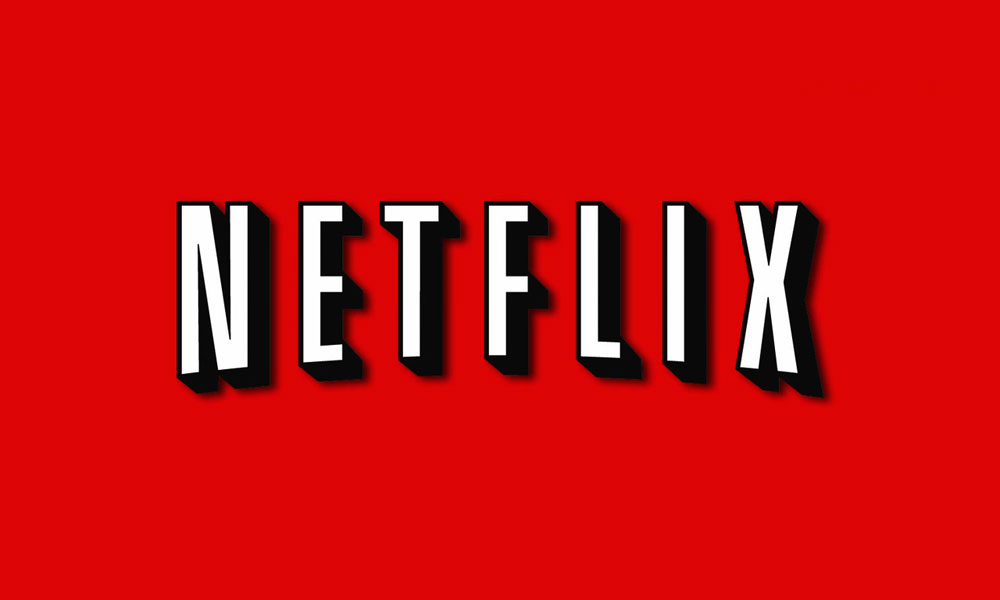
Caption Closed: Netflix, National Association of the Deaf Reach Agreement
Netflix, after failing in its bid to dismiss a disability-discrimination lawsuit against it last summer, has agreed to start offering all of its streaming content with closed captioning.
Netflix’s popular streaming app just got a little bit better for everyone — especially the deaf and hard of hearing.
The company, in a groundbreaking agreement with the National Association of the Deaf (NAD), will offer 100 percent of its content with closed captioning by 2014.
The deal ends a legal battle that pitted the association against the popular video outlet.
“The National Association of the Deaf congratulates Netflix for committing to 100 percent captioning, and is thrilled to announce that 48 million deaf and hard-of-hearing people will be able to fully access Netflix’s Watch Instantly services,” said NAD CEO Howard A. Rosenblum.
The lawsuit, National Association of the Deaf v. Netflix, was notable for a June ruling in which a federal judge in Massachusetts held that web-only firms are subject to the requirements of the Americans with Disabilities Act.
“By recognizing that websites are covered by the ADA, the court has ensured that the ADA stays relevant as much of our society moves from Main Street to the internet,” said the Disability Rights Education and Defense Fund’s Arlene Mayerson regarding that decision [PDF].
While Netflix admitted no wrongdoing in the agreement, the company will pay the plaintiffs’ legal fees, totaling $755,000, according to GigaOm.
“We have worked consistently to make the broadest possible selection of titles available to Netflix members who are deaf or hard of hearing and are far and away the industry leader in doing so,” Netflix Chief Product Officer Neil Hunt said in a statement. “We are pleased to have reached this agreement and hope it serves as a benchmark for other providers of streaming video entertainment.”
Netflix won’t be alone here — the FCC recently required “prerecorded video programming that is not ‘edited for the internet'” to include closed captioning online — and sites like Amazon and YouTube, as a result, will follow suit.






Comments